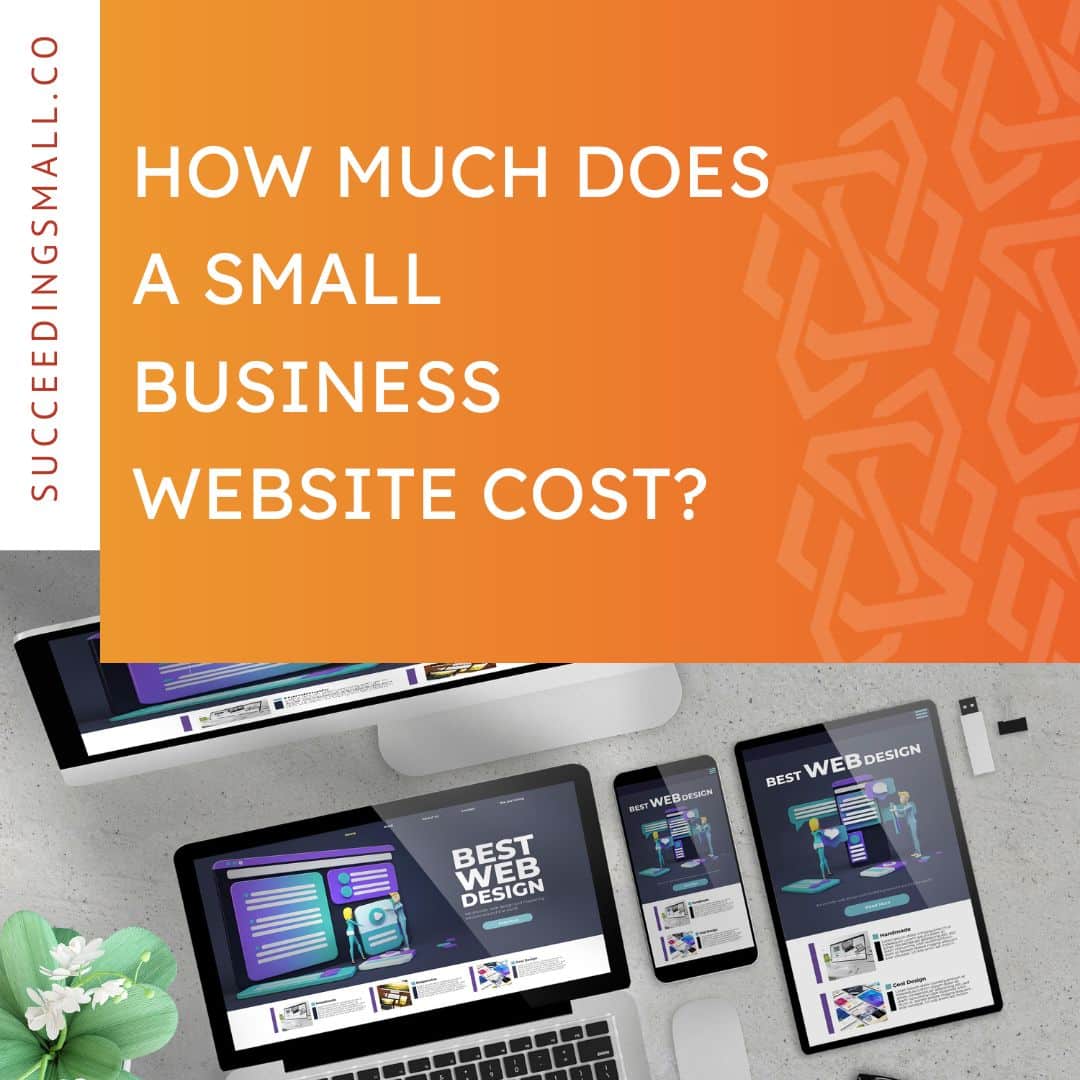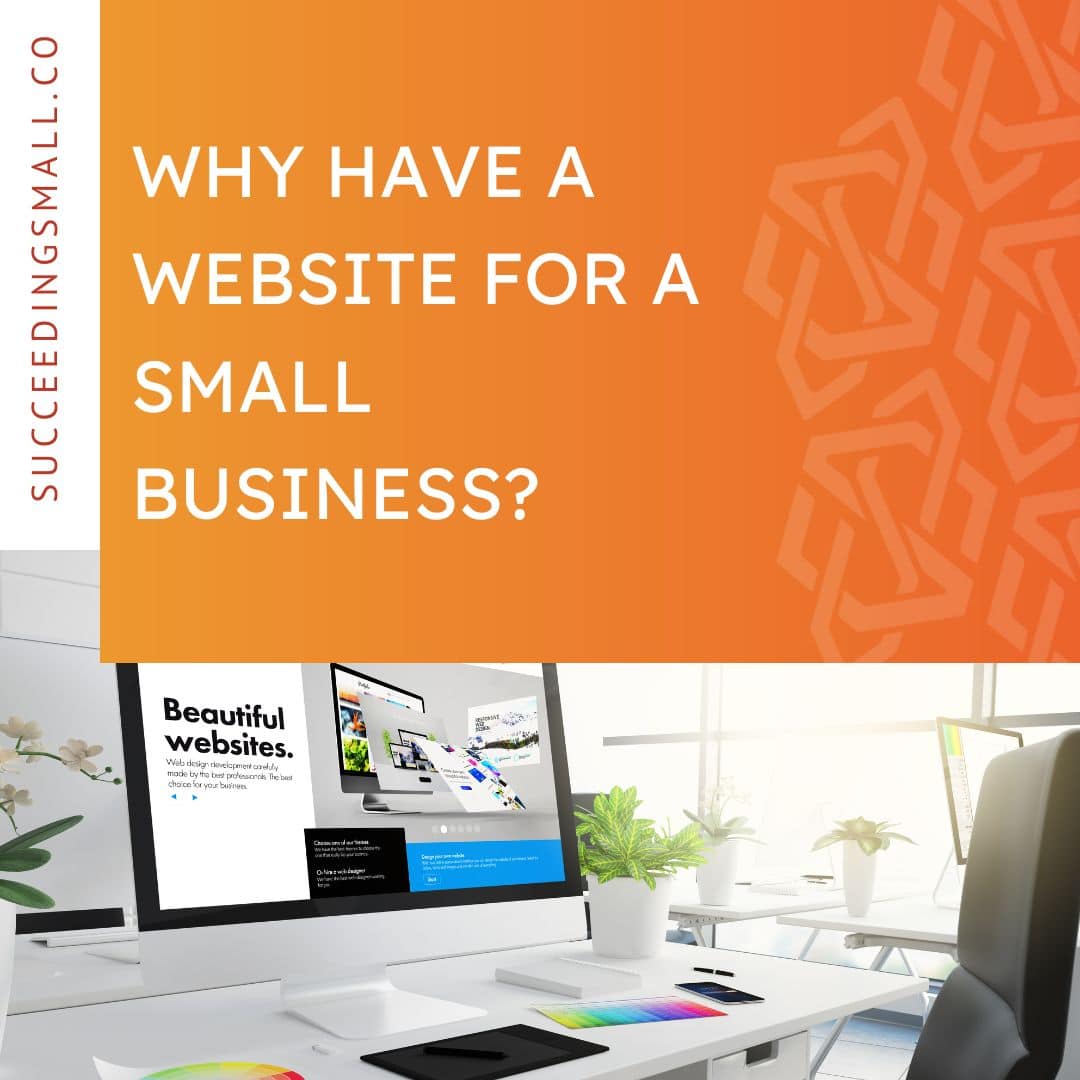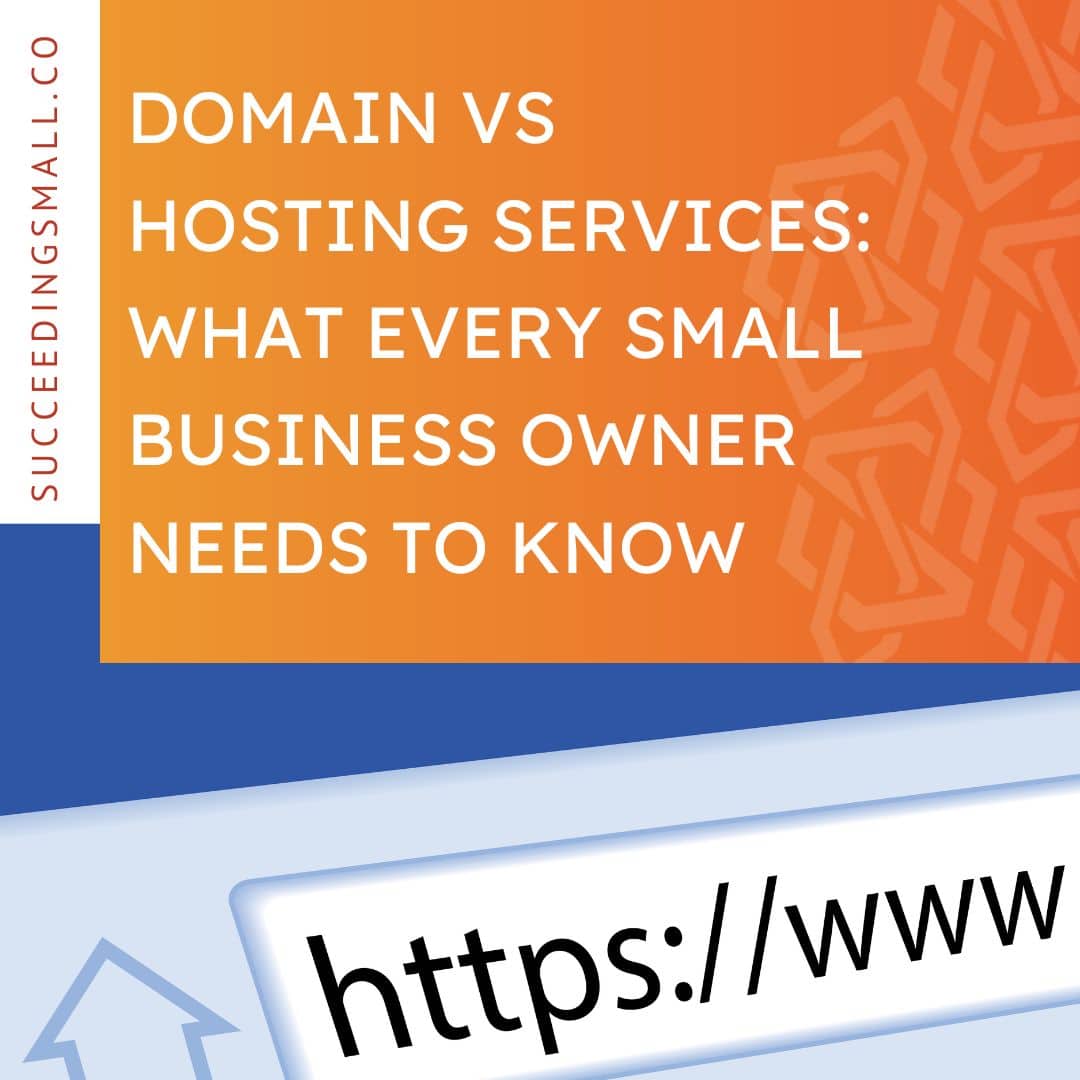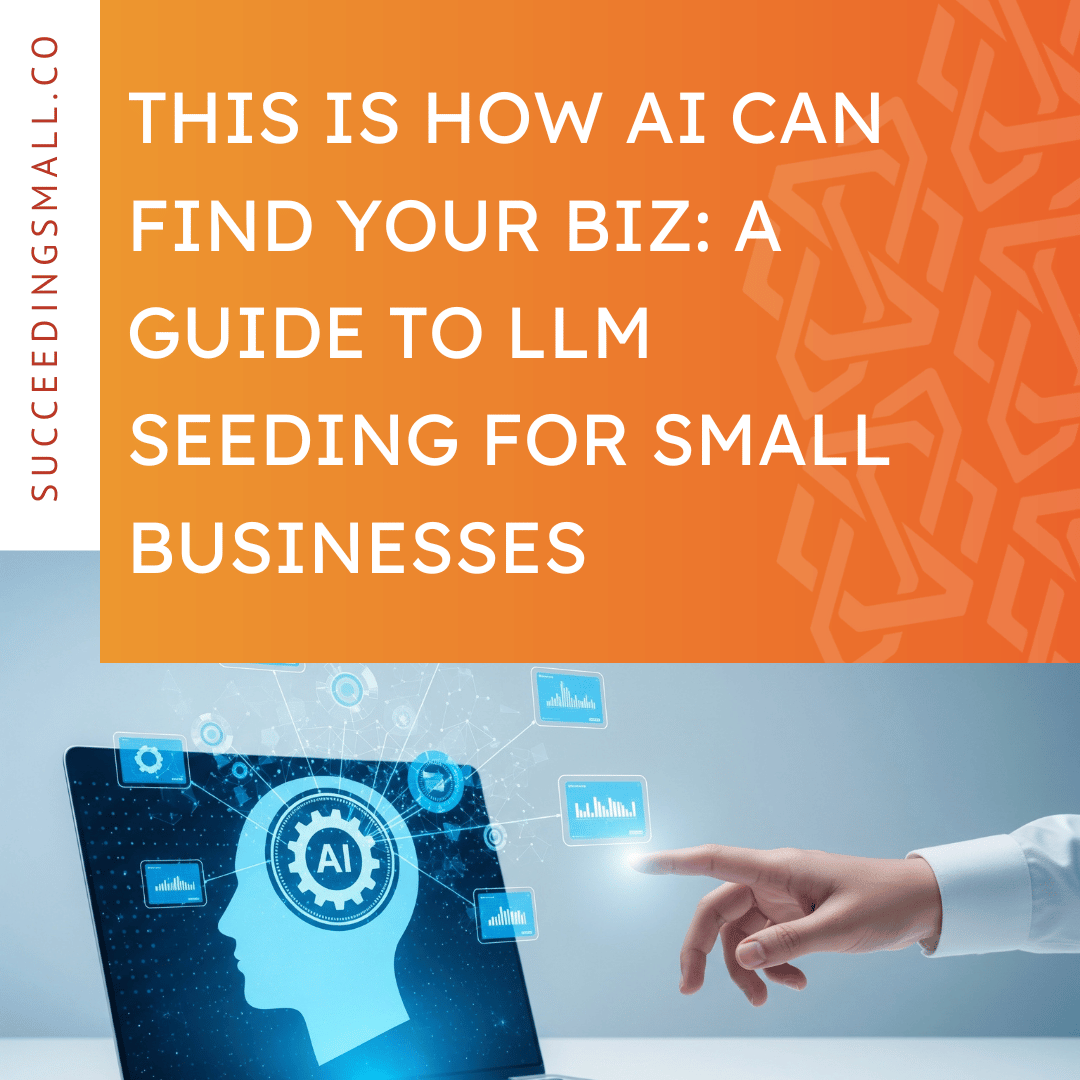Did you know that 76% of consumers visit a company’s website before going to an in-person location?
What happens if they can’t find you online, or worse, find your competitor’s website instead?
Unless they’re looking for you specifically, they’ll choose the business with an established web presence, and you’ll lose a valuable customer.
The first five organic results get 67.6% of all clicks. That’s a crazy number!
Don’t compete for the remaining 30%.
Your business DESERVES visibility! SEO helps you show up near the top of search results and stay top-of-mind for your customers when they are ready to make a purchase.
Still not convinced?
Here are the top four reasons you should invest in SEO for your small business.
Let’s dive in.
Reason 1: SEO Converts
SEO, or search engine optimization, is the process of maximizing the online visibility of your business through your website and other digital assets.
For example, if you were a vet in Colorado Springs, you’d want to show up for terms like “best vet near me” and “where can I get my dog vaccinated.”
There are a variety of SEO techniques that you can use to improve your rankings, from including keywords in your site headings to getting links from other reputable sites. These techniques indicate to Google that your site is relevant and trustworthy. I break down a lot of these in several episodes on the podcast. Be sure to browse through the collection here or read our blog posts on SEO.
Now, the reason SEO converts so well is because of searcher intent.
When people use a search engine, they usually have one of two goals:
- Get information
- Make a purchase
Informational searches are when people are trying to find an answer to a specific question, like “What is the best type of shoe for running?” These types of keywords are informational. If your business has a blog, your blog post could answer informational queries related to your product or service. This will help you build brand awareness, gain trust, and get some website traffic, but may not get that ideal customer ready for a purchase just yet.
This is where transactional search intent comes into play. Whenever a searcher or customer is trying to make a purchase, they type in a transactional search term. This could be something like “AC repair services near me” or “women’s sneakers size six.” These are the type of keywords that you want to target with your site. SEO efforts. Transactional keywords are the reason that SEO converts so well. They target searchers that have already made the decision to buy.
This is why SEO is one of my favorite marketing strategies. People are already looking for what you do. You just need to show up.
Reason 2: SEO Drives Traffic
Google is the most visited website in the world, with over 45 billion visits every month. You’ve probably heard that as a small business owner, you need to be where your customers are. Well, most of your customers are on Google, so having an SEO presence is essential to helping them find you.
Showing up in multiple places online signals to your audience that you are the expert at what you do. This increases the chance that they will click through to your website over competitors.
What I love about SEO is that it can help you get digital real estate. This means you can show up in so many places online. That’s what SEO is really about: maximizing that visibility.
So if you are showing up in places like the map pack of Google, if you’re showing up in what I call the 10 blue links, which is all of the results below the map, if you are showing up answering questions in those little answer boxes called feature snippets, if you are showing up in directories from Yelp or expertise.com or the Better Business Bureau, you are getting visibility. That visibility means that clicks will follow.
Once you have earned that spot, that means that people will be searching and clicking on your result. They will be landing on your website, therefore driving traffic to your digital asset and making it that much easier to persuade your customer to buy.
Not to mention being in all of these different places signals to your audience that you are an expert and you are present in your community. This increases the chance that they will click through your website over competitors. So if we have the transactional search intent in place, people see your digital assets, they click through, they land on your website, and now all you have to do is sell.
Reason 3: SEO Builds Trust
Google likes to rank and reward websites that showcase Experience, Expertise, Authority, and Trust, otherwise known as E.E.A.T.
Experience refers to how experienced the writer behind the content is. Google’s job is to service high quality and relevant material to searchers. With the surge of AI taking over a lot of content on the internet, Google wants to make sure that content that’s written first-hand or by people with real life experience relating to the topic have their content services near the top of search engines. This is especially true for queries related to health, finance, and other areas where accuracy and trustworthiness of information are crucial. You wouldn’t want Google ranking content from an untrustworthy source who doesn’t have much experience as say a doctor – so that’s why experience has become a new criteria for how Google ranks content.
Expertise refers to how you can position yourself as an expert in your space. You can do this through things like content and backlinks, earning links towards your content, and being able to prove your knowledge in a certain area. If you have well-developed content on your site and credible, trustworthy people talking about your expertise, then you’ve earned Google’s trust. Therefore most likely, have earned your customer’s trust as well. Because if they are looking for that local veterinarian or that local HVAC company and they go and see, Oh my gosh, they have a whole archive of blog posts and a resource center answering my questions and giving me value. Well then they’re an expert at what they do and I can put my trust in them and make a purchase from them.
Authority means that you are well respected in your field. So if you have those trust signals pointing back to your website, things like testimonials, directory listings, backlinks, things that will go and prove your authority, that you not only are an expert at what you do, you are who you say you are, you are authoritative in your space. You are a go-to person whenever it comes to your industry.
And lastly, trust. Google wants to make sure that you are a dependable, reliable, actual business to send people to. So things like generating reviews, having good directory listings with correct business information, and having a good dependable website are things that build trust. How easy is your site to navigate? Does it load quickly? Do you have an SSL certificate? Are you certified in anything? How can people trust you? How can search engines trust you? By developing and thinking about this aspect of trust not only gets you that position when it comes down to the search engine ranks, but it earns you trust with your customers.
So next time you’re thinking about how to rank on Google, remember E.E.A.T (Experience, Expertise, Authority, Trust), and the trust from your customers will follow.
Reason 4: SEO Helps You Stand Out From the Competition
According to Visual Objects, a B2B guide that helps businesses choose creative services, only 53% of small businesses are currently investing in SEO efforts. Howevever, 25% want to start implementing SEO strategies by the end of the year.
Good SEO takes time to implement, and you may not see results right away. This is why it’s important to start now if you want to stay ahead of the competition. As customers increasingly turn to Google to find products and services in their area, a good search presence is an investment in the future of your business. It can even help you compete with larger brands on a national level if that’s your goal. Search engine optimization gets you that visibility. If you can just get one step, one position over your competitor, then you get that click, and they don’t.
Recap: The Top Four Reasons Your Small Business Needs SEO
So there you have it. Your small business needs SEO because:
- SEO converts
- SEO drives traffic
- SEO builds trust
- And SEO helps you stand out from the competition.
If you are interested in implementing SEO into your marketing strategy, follow along with The Succeeding Small Podcast because SEO is my favorite! I love it. This is my area of expertise. I love sharing valuable information and takeaways, and action items that you can implement in your small business to get you that visibility that you deserve.
Is SEO The Best Marketing Strategy For Me?
Now, I do want to end with this caveat. Even though this podcast was all about why SEO is a great marketing strategy for small businesses, it may not be the right marketing strategy for everyone. This is the same for every different tactic that you could choose. It has to be right for your industry.
SEO is right for a lot of industries, but it depends on one fundamental thing: people searching on search engines.
If you have a very unique business or an innovative idea that no one’s ever heard about, then people may not be searching for it. So SEO may not be the right strategy for you. If you have to do a lot of educating about this brand new thing that exists, social media might be a better route for you to gain that audience first, train them on this brand new innovation that you have, and then make the sale and the relationship on a different platform.
However, if you are a service provider, for example, and people are actively looking for you, you have a problem that you can solve for people, your customers, and they are looking on Google and using tools to be able to solve their problem, then SEO is a great, excellent strategy for you.
If you are looking for a specific marketing strategy tailored for you and your small business, feel free to contact us and set up a free strategy session with our digital marketing experts. We can point you in the right direction to take your marketing to the next level.
Until then, keep succeeding small.














